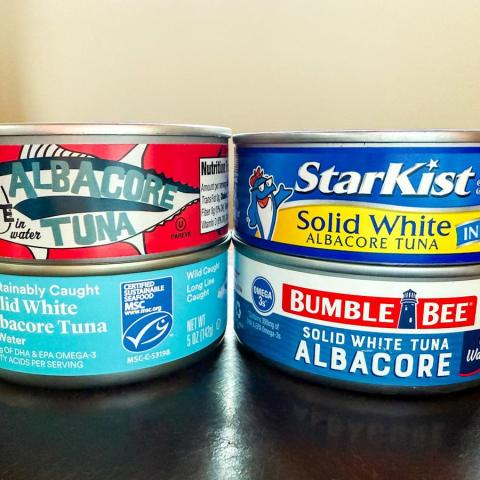When you shop for groceries, do you ever stop to think about where your food comes from? Most of us don’t. We grab our favorite snacks and meals without considering the journey they took. But the roots of some popular brands might surprise you—many famous food products are owned by Chinese companies.
Smithfield
You might not know that Smithfield, famous for its bacon, hot dogs, and ham, is now under Chinese ownership. Founded in 1936 in Virginia, it was acquired by WH Group, a Chinese company, in 2013 for $4.7 billion. This acquisition surprised many, as Smithfield is considered a staple American brand. The deal received approval from the U.S. Committee on Foreign Investment, indicating the trust in this cross-border purchase.
Weetabix
Weetabix, a beloved breakfast cereal, also has ties to China. The brand started in England in 1932 and became a hit in the United States. In 2012, it was bought by Bright Food Group from China for around $1.94 billion, marking one of the biggest acquisitions by a Chinese food firm. Although it changed ownership again in 2017 when an American company, Post Holdings, took over, its Chinese roots are part of its story.
Filippo Berio
The story of Filippo Berio olive oil dates back to 1867 when it was founded in Italy. In 2014, the Bright Food Group acquired a majority stake in Salov, the company that owns Filippo Berio. Despite the change in ownership, the brand continues to thrive, winning awards for its olive oils and sauces.
Capri-Sun
Capri-Sun, the tasty juice drink, began in Germany and later made its way to the United States. Although not directly owned by a Chinese company, its distribution in China is managed by Reignwood Group, which partnered with Capri-Sun in 2015. This partnership has helped the brand grow significantly in the Chinese market.
Nathan’s Famous Hot Dogs
Nathan’s Hot Dogs have a rich history that goes back to 1916 when they first sold hot dogs on New York’s Coney Island. In 2014, Smithfield Foods started producing Nathan’s products after signing a licensing deal, linking it to WH Group’s ownership. This means that a classic American icon is now part of a Chinese enterprise.
Voss Water
Voss Water, known for its sleek bottle and premium image, originally hails from Norway. However, in 2016, it was also acquired by Reignwood Group for $105 million. This acquisition reflects a trend in the beverage industry where Chinese companies are keen to expand their portfolios by adding international brands.
User Reactions and Trends
There’s a growing conversation about food origins and ownership on social media. Many consumers express surprise and sometimes concern about foreign ownership of brands they’re loyal to. Hashtags like #FoodOwnership reveal how much people are beginning to care about where their products come from.
The Bigger Picture
As globalization continues, we can expect even more cross-border acquisitions. A recent report indicates that foreign investments in the U.S. food industry have significantly increased, reflecting a trend where companies aim to tap into richer markets.
Exploring where our food comes from can lead to fascinating discoveries. Many of the brands you love are now part of a global community that transcends borders while adapting to changing consumer preferences. Understanding the backgrounds of these companies can give us a fuller picture of their products and how they fit into our lives.
For more details on these trends, check out Reuters for industry news and insights.




















